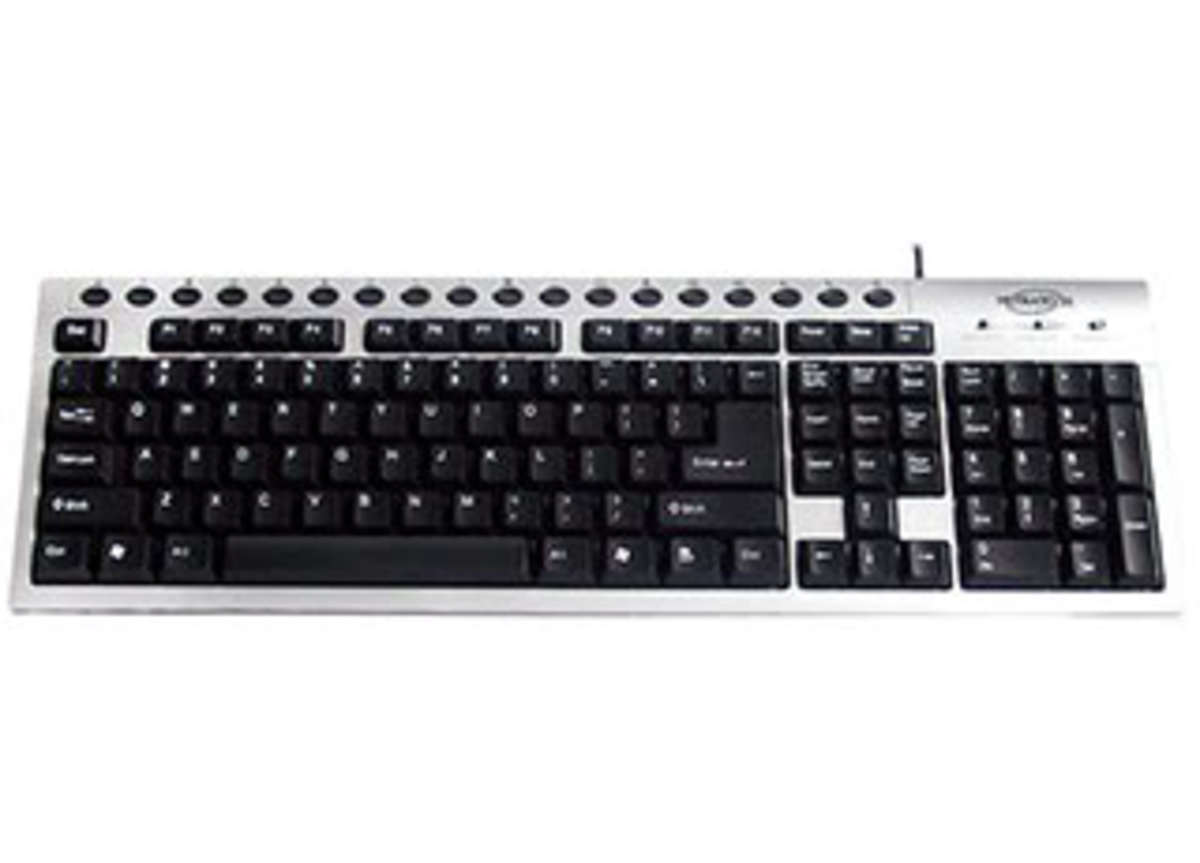Proofreading: Who'd've thunk?

Sometimes I talk to myself:
- I dunno, £400 is a lot of money, especially when you don't have it.
- Yes, but consider how much more you will make when you've completed the training and start getting jobs.
- If I'm good enough.
- Oh, you will be good enough, I'm sure of it.
- Well, I don't know what all the different parts of a sentence are called, and my grammar isn't perfect.
- But that's why you do the training, to learn the skills you need.
- No, but the course is about learning the symbols not the grammar - you have to know the grammar already.
- So, brush up on your grammar - that's a feeble excuse.
- Yes, it is, you're right. But still, £400 is a lot of money.
- It's only a lot of money if you waste it.
- By not working hard you mean?
- Exactly.
- Well, I will work hard then. I'll pass very respectably.
- With distinction?
- Well, I'd like to say that, but I don't know how difficult it's going to be. We'll see. I don't think they do 'distinctions'.
- Give it a go. Go on, you'll regret it if you don't.
So ran the conversation between me and my mojo when I finally found the proofreading course that seemed perfect for me.
After a long internet search, looking for the most reputable and well-respected proofreading training provider, I happened upon the website for the Publishing Training Centre, at Book House, in London. This training centre's courses were endorsed by the Society for Editors and Proofreaders (SfEP), which straightway told me that it provided good quality training. Now, a word of warning here: there are other training centres that provide cheaper courses (half the price of the one I have chosen, actually), and whilst they are certainly not bogus companies, their certificates are not as valuable as a qualification from a centre recommended by the SfEP. The reason for this is that they pass people who would not meet the high standards set by the SfEP; you yourself might be an excellent proofreader, but if you have a certificate from, say, Chapterhouse (whose claims of proofreading earning you large amounts of money seem to be a mite exaggerated) you may well start to notice that you are ignored by the larger publishing houses. Just before I applied to enrol on the course with Book House I had my instincts confirmed as being correct when I received a reply to a request for advice from Penguin Books: the lovely and encouraging lady there told me that Penguin UK will only use freelance proofreaders who have been trained by Book House. Huzzah!
So, without a moment's hesitation I filled in my form and sent it off, and within a week my course materials had arrived. Within another week I had completed my first assignment - that's not me showing off about how brainy I am, there's just not a lot to it!
Let me tell you about proofreading. Basically, you're doing the job that a computer spell-checker can't do, you're looking for the word that is spelled correctly, but is not the right word; you're looking for minuscule grammatical errors that to some people may not even register, but to the pernickety reader will spoil a whole page. If you are the kind of person who enjoys a few quirky OCD (Obsessive Compulsive Disorder) traits, such as keeping pens aligned on your desk when you work, or using the correct stationery for each particular kind of writing, or having things in even numbers (or odd, if your disorder works that way), then proofreading might suit you perfectly.
When I first got down to business with the first unit of my course, I had to stop myself from squealing with delight as I realised how I was going to have to work. I sat myself at the dining room table, spread out my papers very neatly, and took out the pens that I was told I would need: one red, one blue, one green, one black, as well as one pencil, one rubber (eraser!), some correction fluid (Whiteout, Tipex!), two rulers, a pencil sharpener, and a notebook (brand new, never written in, of course - you know how I love my brand new notebooks: Stationeryphilia).
And off I went.
The first thing I realised, was that proofreading was not going to be quite what I expected — it was going to be much better! It involves reading - obviously - very slowly, very meticulously, using judgement and experience to decide whether or not something does really need to be changed, or whether it will be fine as it is. It requires total concentration — I will never be able to proofread with my children around. It involves strictness and discipline; there are no re-sits with proofreading, you have no second chances with the assignments. You are either good at spotting mistakes, or you are not. The course teaches you how to tell the typesetter to correct errors — it does not tell you how to spot them; that part cannot really be taught, as far as I can tell. Of course, brushing up on your grammar will help, but you do that on your own. This is not a crash course in grammar.
So there are symbols. For the first unit I have learnt the marks for 'replace', 'delete', 'insert', 'transpose' and 'close up'. I have learnt a little about the publishing process, and where a proofreader fits into that. I have learnt that I still have much to learn; even though I believe I spotted all of the mistakes in my assignment (I am absolutely sure that I did not spot all of them really, but I think I have done reasonably well), I still have four more units' worth of symbols to learn.
I am only speaking for myself here, but I think that proofreading is a good job for people who, like me, are vain. It is a job that allows you to congratulate yourself on how clever you are at being able to spot what other people have missed. But of course, that's a nonsense, because everyone needs a proofreader; even the writing written by a proofreader who writes has to be proofread by a different proofreader (if you see what I'm convolutedly trying to say!) But nevertheless, after you have proofread a piece of writing, you can sit back and say to yourself, 'yes, I am good at this, and this piece of writing is now better because of my suggested improvements', whilst knowing it to be true.
And I have barely even mentioned the pens yet, oh my goodness: universally, blue for editors' errors, red for typesetters'. Oh, it's blissful, to see the page scattered with neatly drawn red and blue secret hieroglyphs — alright, I know they're not hieroglyphs, but they do look like a different written language, like cyrillic, or kanji, or even just shorthand.
I would recommend something that my course, so far, has not mentioned, and that is a plain A2 sized drawing board (roughly 420mm × 594mm). This serves to tilt the pages you're working on, and really saves a lot of strain on your neck and back. It also allows you to see what you're writing without having to peer over the top, or around the side, of your hand. I am borrowing one at the moment, but my first job will pay for my own (I hope!). The only problem with the board that I can foresee is that papers slip a little, because of the tilt - but I am thinking that it might be possible to cover the board with some felt, or baize, or perhaps even some kind of rubberised sheet, vinyl or something like that, that will grip the paper just a little.
Freelance proofreading is done at home, in the proofreader's own time (most proofreaders are freelance, incidentally). This is ideal for me, as a mummy who wants to be able to continue to do the school runs. Work, work, work all day, then play, play, play when the kids come home, leaving me time and motivation to write, write, write every evening — I've got it all worked out now, oh yeah, blissful happiness from here on in (either that, or complete burn-out!)
Now, I only have this left to say, at this stage: do not all jump on this bandwagon, otherwise there will not be enough work left for me. But I did think that I should hub about this, because it might encourage others like me to find a real way of working from home. Good luck. Be brave. Have some faith in yourself.








